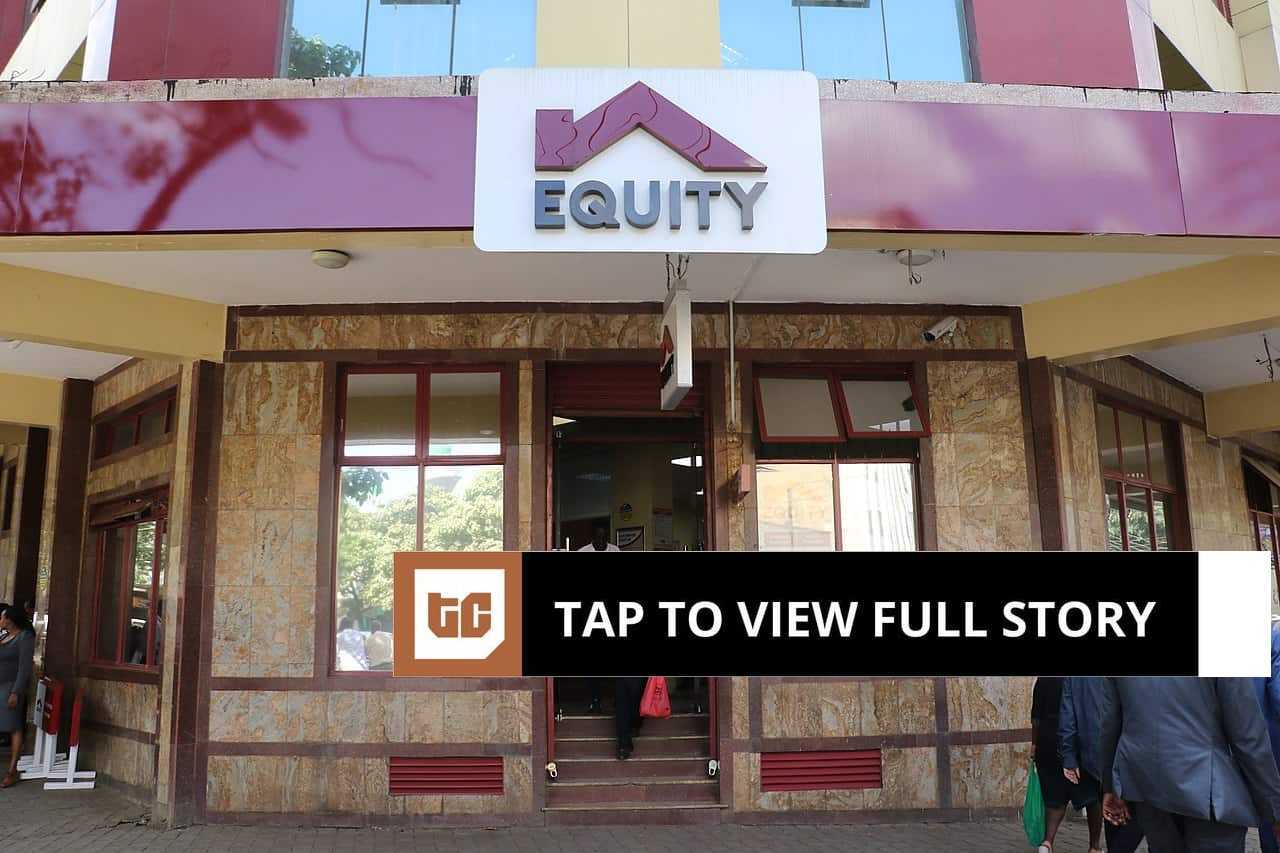Political promises are often cheaper than fibre optic cables in Nigeria. Five years have passed since various Nigerian governors pledged to waive fees to support infrastructure deployment for telecom services, yet only four states have fulfilled their promises.
Right-of-Way (RoW) fees are charges telecom operators pay state governments for the permission to dig up public land and lay fibre optic cables along roads and waterways. Only Anambra, Kaduna, Katsina, and Kwara have implemented zero RoW fees. Despite at least 12 states announcing zero RoW policies since 2020, most quietly backtracked or imposed hidden charges for “environmental impact,” “infrastructure restoration,” and “community levies”.
State of play: RoW-related expenses still account for over 60% of construction costs, with Lagos charging ₦850 per linear meter, Ogun over ₦2,500, and Osun as high as ₦3,500. Former Minister of Communications and Digital Economy, Isa Ali Pantami, aimed for a standardised ₦145 per meter, but most states now demand ₦1,000-₦4,000.
Why does this matter? Hidden charges and failed promises on RoW fees risk slowing broadband rollout and driving up internet costs.. Nigeria wants to hit 70% broadband penetration by year-end, but that target is unlikely if states keep treating critical infrastructure as a cash cow.








